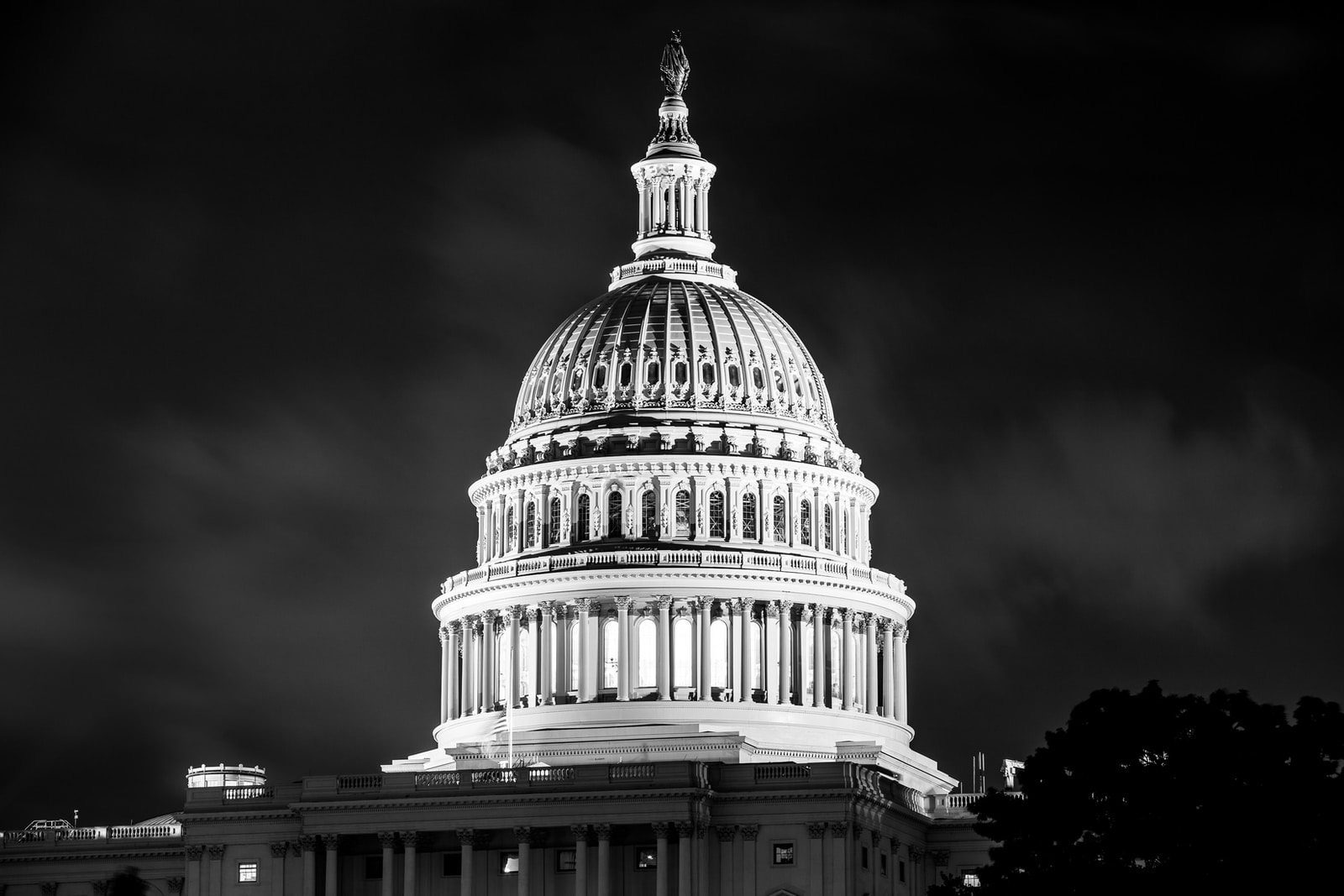Manager’s Amendment Shows AICOA Not Ready for Prime Time

Ahead of tomorrow’s scheduled markup of the American Innovation and Choice Online Act (AICOA) (S. 2992), a controversial bill to refashion U.S. digital markets in a more European mold, the bill’s sponsors have offered a proposed “manager’s amendment”. The proposed amendment acknowledges the key weaknesses in the bill, but does not meaningfully address them.
The scattershot nature of the manager’s amendment underscores that the bill is not ready for prime time. The amendment leaves the bill even more overreaching in its breadth and scope than the underlying text. Rather than reform S. 2992, the manager’s amendment introduces ambiguity, imprecision, and potentially pulls other U.S. companies in scope.
Broadly speaking, the most serious criticism of the bill has pertained to economic and national security, privacy and user security, forced interoperability with business users and other competitors, and the bill’s limitation on covered platforms to enforce their terms of service and moderate content. All of these concerns will ultimately hurt consumers.
National/economic security
One of the most serious criticisms of the AICOA has been that it stands to disadvantage U.S. firms relative to overseas rivals, compelling them to share users’ data and interoperate without any reciprocal commitments.
In response to this, the manager’s amendment changes revenue thresholds such that it applies to private companies with $30B in revenues and 50M U.S. users, but publicly traded companies with revenues of $550B. This peculiar disparity between publicly and privately held companies is undoubtedly a result of attempting to carefully gerrymander select firms in-scope while leaving others out-of-scope. The amendment does little to extend commitments to many Pacific Rim champions like Huawei, Baidu, Yandex, since few such firms currently meet the 50M U.S. user threshold. The competitive pressure represented by Chinese and other rivals is real: President Xi announced in 2020 that his government would invest $1.4 trillion in its technology sector by 2025 to overtake the U.S. in key technology fields. Nevertheless, the amendment bypasses current realities and appears to sweep in other firms, including large private U.S. accounting, financial services, and insurance firms, as well as retailers which meet those thresholds. This would dramatically regulate the U.S. economy, while missing its likely target: Chinese digital leaders. It could also have the unintended result of encouraging firms domestic and foreign to go public to minimize their regulatory burden.
Privacy and user security
Another key critique of the bill is that it would compel digital services to share user data and interoperate with bad actors.
A “rule of construction” in Section 3(c)(7)(iii) acknowledges this criticism by attempting to carve out some bad actors: it states that covered platforms can refuse to interoperate or share data with entities that are on sanctions lists, or present national security threats. This language concedes that under other circumstances, covered platforms are expected to interoperate or share data with bad actors. Unfortunately, many bad actors, like foreign adversary-designed apps seeking to collect data on Americans, fraudsters, and counterfeiters, are unlikely to be on U.S. government sanctions lists. The amendment thus indicates that covered platforms could not cut off suspected or even known bad actors unless those bad actors have been sanctioned by the U.S. national security apparatus.
Other ambiguities
The manager’s amendment has done little to bring more clarity elsewhere. For example, The term “business user” has been expanded to include corporations and associations that use or are “likely to use a covered platform for the advertising, sale, or provision of products or services.” As in the underlying bill, the definition of “data” is not specific. It “includes information that is collected by or provided to a covered platform or business user that is linked, or reasonably linkable” to a specific user or customer on the covered platform or simply a user or customer of a business user. It is unclear what “linked” or “linkable data” is in the first instance.
The bill previously included language prohibiting business practices that “unfairly” preferenced products or discriminated against similarly situated business users. This language, previously in Section 2(a) — now 3(a) — was criticized for creating vast ambiguity. What constitutes “unfairly”? Could every business practice be litigated? The amendment concedes this point by removing the word “unfairly”, but in doing so appears to create strict liability, meaning that every differential treatment, fair or not, could become the subject of litigation.
These provisions would limit the covered platform’s ability to maintain user privacy, data security, and to engage in meaningful content moderation.
The bill also contains a rule of construction in Section 3(c)(7)(A)(ii) that will have unintended consequences for intellectual property rights. It specifies that covered platforms are not prevented from asserting their own intellectual property rights, or rights licensed to the platform. The negative implication of this language, however, is that covered platforms are prevented from taking actions related to others’ assertion of intellectual property rights. Interpreted literally, the language appears to mean that honoring a Digital Millennium Copyright Act (DMCA) takedown request, or acting on brand owners’ complaints about a third party vendor, could constitute misconduct. We know that rightsholders frequently misuse the DMCA to target adversaries, or speech they don’t like. Digital services have long dealt with such misuse, but the amended AICOA could lead to platforms being penalized for their efforts to protect third party IP rights.
The end of focusing on consumers?
For the past 40 years, there has been well-developed jurisprudence that has examined metrics like price, quality, and innovation to determine what competition policy is in the best interest of consumers. Both the underlying bill and the manager’s amendment depart from this yardstick for top-down industrial policy. The changes the bill will bring may make services more expensive by discriminating against advertising-supported services in favor of subscription services.







